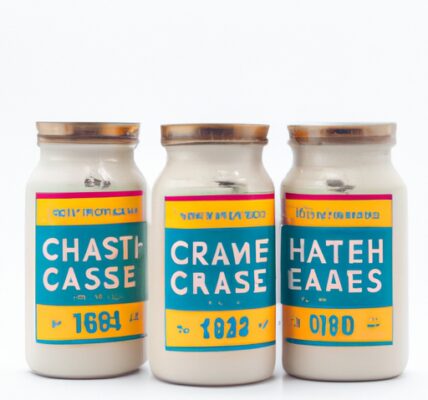The courtroom drama surrounding the proposed $24.6 billion merger between The Kroger Co. and Albertsons Cos. is intensifying. With the Federal Trade Commission (FTC) seeking a preliminary injunction against the merger, the outcome of this case could profoundly impact the future of both companies, especially Albertsons. U.S. District Judge Adrienne Nelson is presiding over this crucial trial in Oregon, where arguments are set to unfold over the next three weeks.
At the heart of the FTC’s request for an injunction lies the assertion that the merger would reduce competition in the grocery sector, a claim made even more pressing given today’s landscape dominated by colossal players such as Walmart, Costco, Target, and Amazon. In their opening statements, representatives from Albertsons acknowledged the critical challenge they face in maintaining market share against these “Goliaths.” They contend that the company is unable to compete effectively unless the merger is finalized.
Albertsons expressed its struggle to achieve competitive pricing, revealing that its prices are 10-12% above those of Kroger, despite efforts to adjust their pricing strategy over the years. The FTC’s position was mirrored by the testimony from Albertsons’ legal team, who stated that without the merger, the company could face drastic measures, including layoffs, market exit, or even closure of stores.
Kroger has positioned itself as a potential rescuer in this scenario, arguing that their $1 billion investment in price reductions could benefit consumers immediately upon merger. They claim that this initiative will help bridge the gap from Albertsons’ current pricing model toward a more competitive structure that aligns more closely with Kroger’s prices.
Importantly, Kroger has assured that if the merger succeeds, it will not lead to store closures or job losses for frontline employees. Kroger representatives have emphasized that the merger’s benefits extend beyond merely lowering prices; they highlight enhanced local food sourcing that would not only aid farmers but also attract customers by providing them with fresher local options.
Looking at both companies’ operational scales reveals the urgency behind this merger. Kroger serves over 11 million customers daily and employs approximately 420,000 associates. It ranks fourth on Progressive Grocer’s list of top food retailers in North America. In contrast, as of mid-June, Albertsons operated 2,269 retail food and drug stores across 34 states and D.C., employing thousands and ranking ninth on the same list.
The potential merger promises not only financial implications but also strategic shifts in the grocery retail landscape. Albertsons has operated over 20 prominent banners, adapting to regional tastes and preferences. The combination with Kroger could incentivize a new wave of innovation in product offerings and competitive pricing strategies that consumers have been craving.
With the hearing scheduled to last several weeks, industry analysts are closely monitoring the developments as both sides present their cases. The ramifications of the court’s decision could ripple throughout the supermarket industry, possibly reshaping alliances, competitive landscapes, and consumer experiences for years to come.
In conclusion, the impending court ruling adds a layer of uncertainty for Albertsons amid ongoing challenges in competing with other retail giants. Whether this merger will proceed as planned remains to be seen, but its outcomes may well form the future trajectory of both companies and the industry at large.












